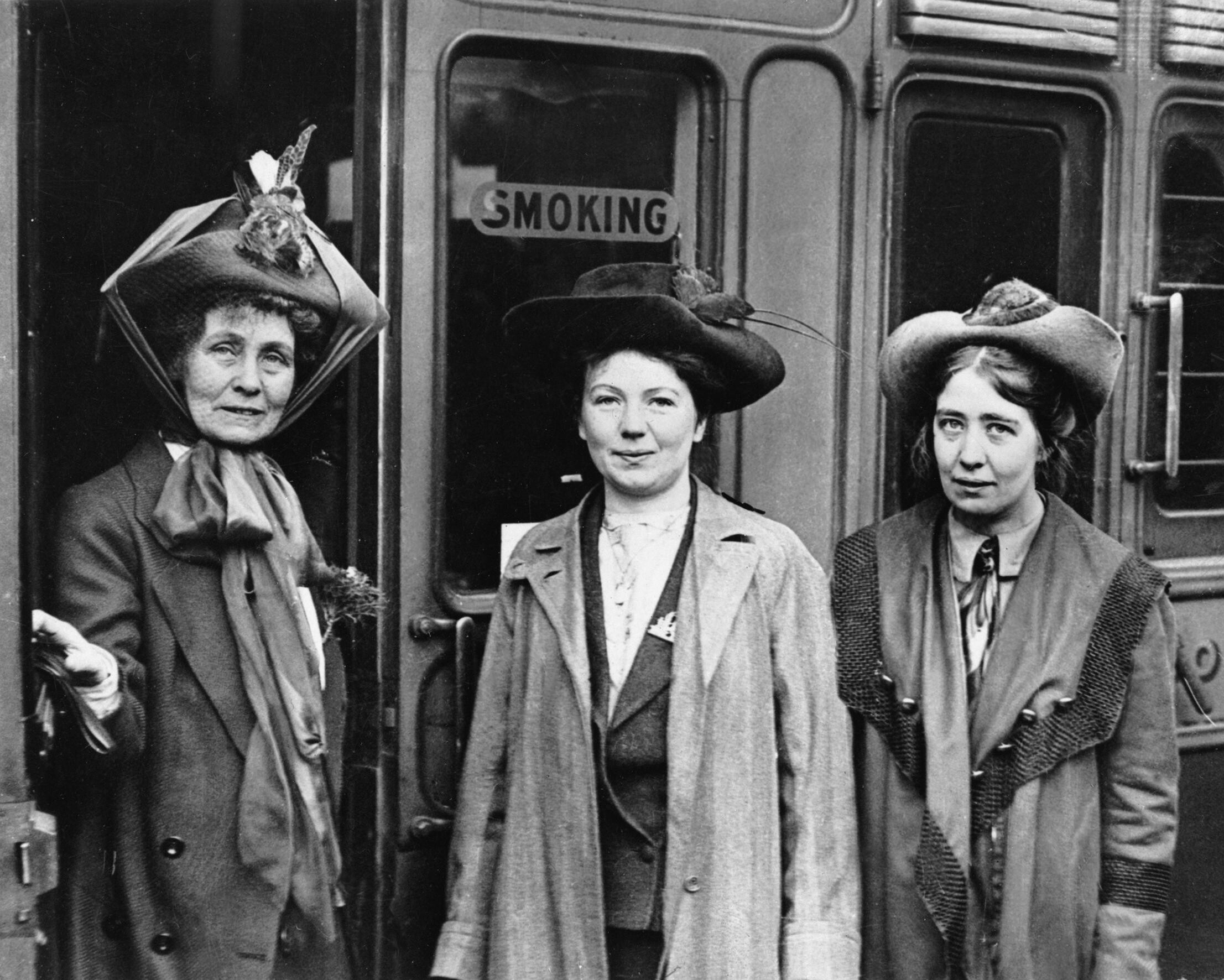Society often celebrates famous and impressive men from throughout history; few days pass without references to Albert Einstein, Winston Churchill or Carl Sagan. You only have to look through Time Magazine’s list of the most influential people to see that the majority of those mentioned are men. So, we decided to make a list of some of the most amazing women in history. If you’re struggling to fill your time over the summer, pick a couple of the women below and research more about them so you can teach your friends.
The Pankhursts
Emmeline Pankhurst, and her daughters Christabel and Sylvia were pivotal figures of the suffragette movement. Founding the Women’s Franchise League, and the Women’s Social and Political Union, and influencing hundreds of thousands of women from around the country, and around the world. Emmeline suffered for her cause through imprisonment and force-feeding.
In March 1918, government passed a law so that women over the age of 30 could vote. The Pankhursts had succeeded. Later that year, women over 21 became eligible to run as Members of Parliament. Women were finally given the same voting rights as men in 1928 – the same year that Emmeline Pankhurst died.
Rosa Parks
This African American activist went down in history as one of the most influential women in the fight for civil rights in America. After refusing to give up her seat on the bus to a white passenger in December 1955, Parks sparked the Montgomery Bus Boycott; one of the largest protests against racial segregation. This one, small action helped change the lives of African Americans throughout the country. When Rosa died in 2005, her casket was transported to Washington DC, and she was taken to lie in the US Capitol Rotunda. The first woman in history to be given his honour, and the second African American.
Grace Hopper
There are few women as impressive as computer scientist and United States Navy rear admiral Grace Hopper. The American was a leader in her field, being one of the first programmers of the Harvard Mark I computer, and later going on to be one of the main developers of COBOL, the first modern programming language. Hopper is credited with coming up with the term ‘debugging’ computers. A term that came from finding a moth in her own computer. And to top off an incredible life, the US Navy named the USS Hopper after her.
The Bronte Sisters
Emily, Charlotte and Anne are responsible for creating some of the world’s most popular and influential pieces of literature. As was necessary for the time, the three sisters often published their novels and poetry under male pseudonyms, with their work quickly attracting attention. Their most popular pieces include Charlotte’s Jane Eyre, Emily’s Wuthering Heights, and Anne’s The Tenant of Wildfell Hall.
Martha Lane-Fox
This British businesswoman and entrepreneur co-founded Lastminute.com in 1997, revolutionising the travel, tourism and leisure industries. Baroness Lane-Fox of Soho is also a member of the House of Lords, becoming its youngest female member. She also sits on the boards for Channel 4, mydeco.com, Marks & Spencer, Go ON UK. She is the Chancellor of the Open University, and a strong advocate for digital literacy and use.
Dorothy Lawrence
Many journalists go to extreme lengths for a good story, but none quite as far as Lawrence. In the First World War, she shaved her head, borrowed uniforms, used furniture polish to tan her skin, and bound her chest to pass as a soldier. After ten days of working in the trenches, ill health forced her to reveal her true identity. The military immediately put her under arrest and, after a lengthy period of interrogations, they shipped her back to London. A silencing act placed on her by the military meant she was unable to write about her experiences until 1919. And even then the War Office heavily edited what she had created.
By a guest blogger




